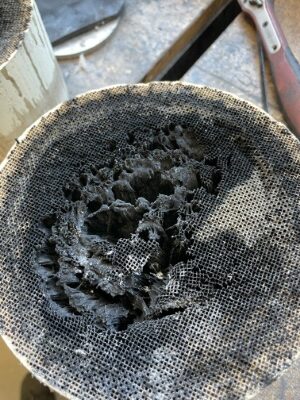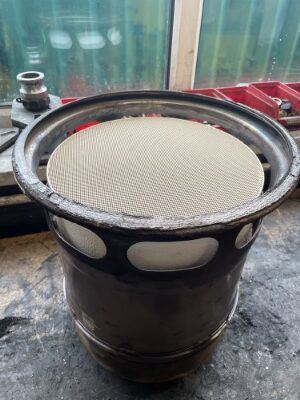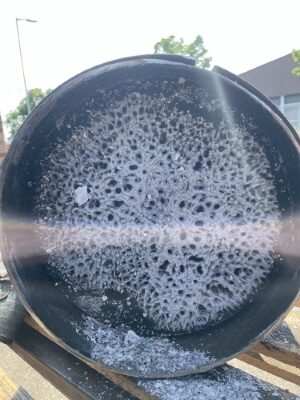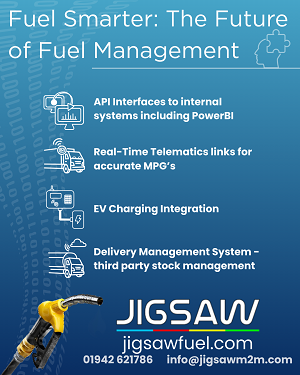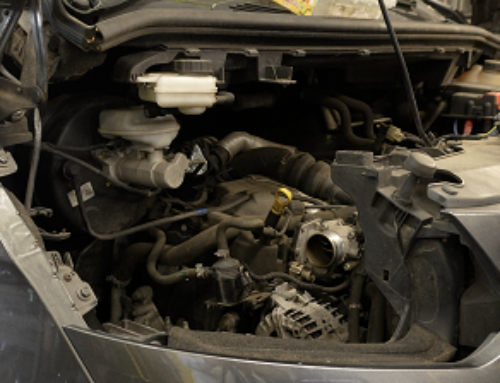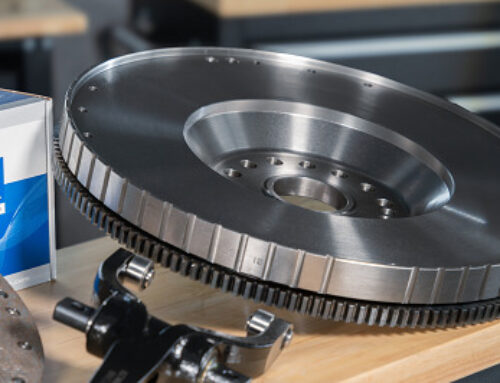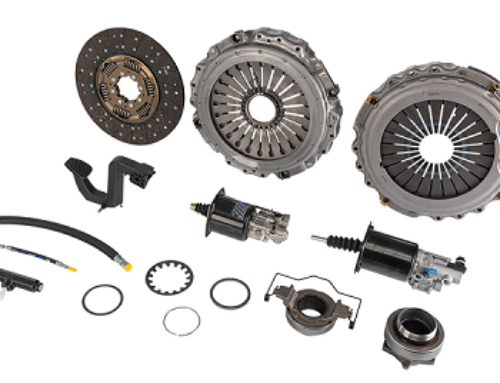DPF Recovery: scheduled cleaning avoids costly repairs
DPF Recovery has explained how building diesel particulate filter (DPF) cleaning into service schedules can help fleets protect against significant, preventable repair bills.
“It is no secret that DPFs and other emissions system components are some of the most expensive parts of a modern diesel vehicle,” said the company.
“Unfortunately, many issues that are quite common with higher mileage diesel vehicles – such as over-fuelling injectors, leaking EGR coolers, split intercooler pipes, etc, can cause DPF blockages and – left untreated – can result in engine and ancillary component damage.
“Cleaning your vehicle’s DPF can prevent this damage from happening.”
It is important to be aware that when the DPF becomes blocked, it is only a matter of time before other issues can occur, the company says, so it is important to get the DPF cleaned as soon as a problem – or potential issue – presents itself.
“An ideal time to have your vehicle’s DPF cleaned is whilst it is off the road for routine maintenance,” contends the firm.
“When a DPF becomes excessively blocked, the backpressure caused by the blocked DPF can lead to turbocharger failure, increased fuel consumption, rough running, and many other costly problems. These are quite often misdiagnosed causing unnecessary expense and additional fleet downtime.
“The usual practice when a DPF becomes blocked is to carry out a forced regeneration using a diagnostic tool. This should only be carried out once. If a forced regeneration does not rectify the blocked DPF, it needs to be removed for specialist cleaning.
“Excessive forced regenerations can melt the DPF, possibly causing very costly damage to the after treatment (SCR) system, which may require replacement. Having the vehicle’s DPF and exhaust aftertreatment system cleaned can mitigate this risk.
“In our experience, as a vehicle approaches 100,000 miles (and sometimes earlier in a number of cases), the ash content of the DPF is so high that a force regeneration no longer works.”
Force regenerations work by burning off particulate matter in the DPF, explains the company, turning it to ash.
“The ash fills the ‘tubes’ of the DPF. As the ash deposit increases, there is less space for the soot or particulate. Regeneration becomes more frequent possibly causing increased cylinder temperatures, engine oil dilution, injector nozzle damage, and poor fuel economy.
“Ash cannot be ‘burnt off’ in the same way as particulate matter, as something that has already been burnt cannot be burnt again.”
Not only can DPF cleaning prevent engine issues, says the firm, it can also prevent problems occurring with exhaust aftertreatment components downstream from the DPF.
“A blocked DPF can also shift in its housing, due to the increased backpressure, thus causing the matting, which secures the DPF monolith, to get embedded in components further downstream; we have seen this on several occasions,” it continued.
“The matting can get deposited in the SCR unit of commercial vehicles; we do have methods to remove this. The process is very labour intensive but is less costly than a new replacement unit.
“However, in extreme cases, the SCR unit needs to be replaced, which is one of the costliest components of the whole emissions system. We have seen an increase in damaged exhaust aftertreatment units which could have been prevented by inspecting and cleaning the DPF before the problem occurred.
“Higher mileage exhaust aftertreatment units can suffer with extreme urea build up due to leaking urea injectors, or faults within the dosing system caused by blocked DPFs. In these particular cases, costly repairs have had to be undertaken, and some units have been too badly damaged and are not economical to repair.
“Catching issues and telltale signs through inspection/cleaning of the aftertreatment system, before any major damage is done, is a surefire way to ensure minimal downtime and further damage from occurring.”
DPF Recovery emphasises the benefits of filter cleaning in terms of fuel economy and engine performance.
“DPF blockages (either by soot or ash) can be very restrictive to vehicle emission systems, as the exhaust gases are not exiting as they were designed to,” it added.
“Many of our customers report an increase in fuel economy after their DPF has been cleaned, with some achieving an extra 5 – 15 per cent of range on a single tank of diesel. This result is very welcome in today’s economic climate, and high fuel costs.
“To potentially save thousands of pounds and minimise your fleet’s downtime, we are recommending fleet operators, include off-vehicle DPF cleaning by a specialist such as ourselves, as part of your service schedule… Off-vehicle cleaning is the only process that will remove ash deposits from DPFs.”
The company offers free, no-obligation quotes.


